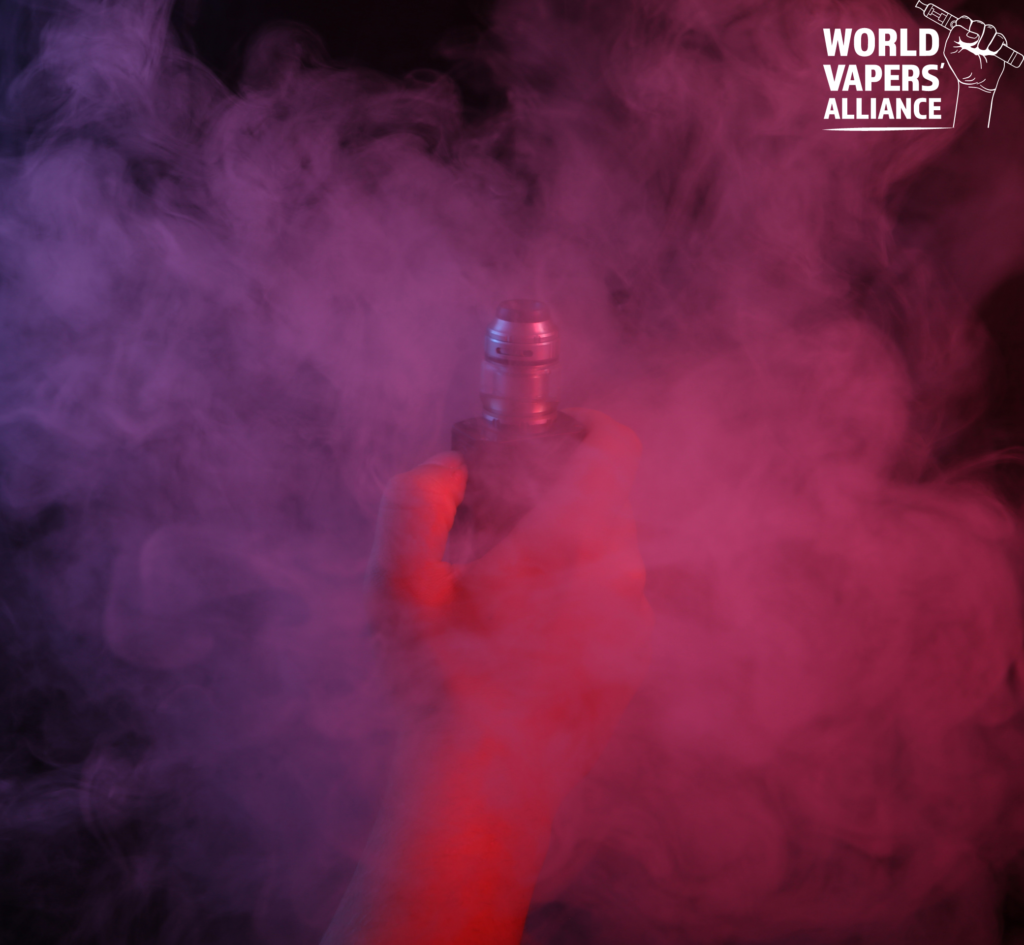In the first part of our analysis of the badanie on “Effective Anti-Smoking Policies” released by the “We Are Innovation” Foundation, we summarised the global findings on how harm reduction is applied globally and how countries treat vaping. You can find the piece Tutaj.
Now, let’s have a closer look at some EU countries.
France:
According to the research paper, France maintains an advanced global and regional position driven by a lack of regulation, except for snus, which is banned. Vape products cannot be advertised, must include a textual warning on the packaging, contain a nicotine limit of 20mg/ml (per the EU’s regulations), and cannot be used in indoor public spaces or sold in pharmacies. Health recommendations are tentatively supportive (with plans to increase their role as a harm reduction tool).
Poland:
Poland maintains an intermediate performance at the global level and relatively backward at the regional level, with not-so-severe restrictions on the use of the products but a health policy that does not actively recommend the products. Snus is banned and discouraged by the national health authority, mainly due to the EU’s regulations. Vape products cannot be sold in vending machines or recreational buildings or used in indoor public spaces, have a nicotine limit of 20mg/ml (by European Union regulation), require textual health warnings, have differentiated excise taxes on consumables and health recommendations discourage their use in line with the World Health Organization’s position.
Czech Republic:
The Czech Republic maintains a relatively advanced global and regional position mainly due to the lack of specific regulation on almost all products, except for snus. Vape Products cannot be advertised (except at points of sale, face-to-face, private events, or specialised publications), the packaging must include textual warnings, they cannot be used in indoor public spaces or sold near school buildings, public bathrooms, or transport, nicotine is limited to 20mg/ml (by the EU’s regulations), and health recommendations maintain outdated and precautionary positions.
Italy:
Maintains an intermediate global and regional score, with certain products less regulated but with a worldwide sanitary policy that is not adequate. Due to European Union regulations, snus is banned and discouraged. Vape products must have textual warnings in advertising and packaging, cannot be sold to minors, their nicotine limit is 20mg/ml (by the EU’s regulations), products can only be sold on the internet, in pharmacies and specialised stores, have a differentiated excise tax in the consumable and are discouraged by the national health authority.
Portugal:
Portugal maintains an intermediate global and regional score, with certain products less regulated than others, but with a worldwide sanitary policy that is not adequate. Due to European Union regulations, snus is banned and discouraged. Vape products must have textual warnings in advertising and packaging, cannot be sold to minors, their nicotine limit is 20mg/ml (by the EU’s regulations), consumables can only be sold on the internet, in pharmacies and specialised stores, have a differentiated excise tax in the consumable and are discouraged by the health authority.
So as you can see, there is a lot of work ahead of us. Raise our voices, sign the petition, and we will let the decision-makers know that we care about the future of vaping:
Podpisz petycję Tutaj
Możesz pobrać pełny raport Tutaj






Jedna odpowiedź